Online deviant behavior affects teenagers
According to Deputy Director of the Department of Radio, Television and Electronic Information (Ministry of Culture, Sports and Tourism) Nguyen Thi Thanh Huyen, Vietnam has about 78 million social network accounts, but mainly accounts on foreign social network platforms provided to Vietnam such as Facebook, TikTok and YouTube. The rapid development of these digital platforms and applications has created a diverse competitive environment, while also providing opportunities to access advanced technology.
Permanent Deputy Minister of Culture, Sports and Tourism Le Hai Binh speaks at the workshop
PHOTO: THU HANG
However, many problems have arisen, the explosive development of media on the internet is also a "double-edged sword" with negative impacts on many areas of social life. Besides fake news and misinformation, the situation of fraud on cyberspace in Vietnam is becoming more and more complicated and alarming. Along with that, non-standard language on cyberspace is increasingly popular. "The development and promulgation of a Code of Conduct on Cyberspace (abbreviated as the Code - TN ) is extremely necessary. The Code will be a tool to guide behavior, create positive habits, ensure the healthy development of cyberspace, contribute to preserving national cultural identity, and build Vietnamese people in the new era", Ms. Huyen shared.
Speaking at the workshop, Permanent Deputy Minister of Culture, Sports and Tourism Le Hai Binh acknowledged that social networks, with their benefits, have a profound impact on social life and on each individual. However, the online environment also poses many challenges, including the increase of deviant and anti-cultural behaviors on social networks, which are negatively affecting the formation of personality, ethics and lifestyle of adolescents, causing many parents to worry.
"The impact of cyberspace leaves a very long-lasting story. How our future generations will turn out will have a very important part in the impact of cyberspace. In real space, we have laws and ethical standards; in cyberspace, laws are being developed to some extent, but standards seem to be non-existent," said Mr. Binh.
Therefore, according to Mr. Binh, the promulgation of the Code of Conduct is very necessary. This will be an important tool to contribute to the formation of a healthy and civilized online environment - where good and humane values are widely spread, contributing to building a better society.
Need a code of conduct that "lives" with users
Commenting on the draft, People's Artist Xuan Bac, Director of the Department of Performing Arts (Ministry of Culture, Sports and Tourism), mentioned the regulations on service and content providers. According to Mr. Bac, there are currently many large, reputable media companies, but there are sub-channels that provide inappropriate content, with offensive and misleading titles. "Not only does it negatively impact viewers, but it also deliberately causes misunderstandings through stimulating titles. I think there should be stricter regulations, more clearly binding responsibilities for content providers," Mr. Bac suggested.
In the context of the explosion of social networks, according to People's Artist Xuan Bac, now anyone can be a "director, actor, editor" in cyberspace, the development of the Code of Conduct is very accurate, correct and very necessary. "Many people have become victims of cyber attacks. I support encouraging users to register with real names and real information to limit fake accounts that specialize in spreading false rumors, insulting or attacking others," Mr. Bac emphasized.
Deputy Head of the Central Propaganda and Mass Mobilization Department Tran Thanh Lam speaks at the workshop
From a local perspective, Mr. Nguyen Ngoc Hoi, Deputy Director of the Department of Culture and Sports of Ho Chi Minh City, said that since the beginning of the year, the Department has handled 30 cases related to violations in cyberspace. Worryingly, there has recently been a trend of using artificial intelligence (AI) to create vulgar clips to attract viewers, causing negative impacts on society.
"The KOLs, artists and influencers we contacted all agreed that there should be a code of conduct so that everyone can act more appropriately. However, specific criteria are also needed to distinguish between good performers and violators, thereby encouraging and honoring positive cultural behavior in cyberspace. We expect the code of conduct to contribute to promoting and providing rules to improve cultural behavior in cyberspace," said Mr. Hoi.
According to Deputy Head of the Central Propaganda and Mass Mobilization Department Tran Thanh Lam, Vietnam is one of the countries that participated early and quickly in cyberspace, open in welcoming technology businesses and social networking platforms. This development has brought new vitality, creating conditions for people, especially young people, to connect, learn and create continuously. However, along with that positive wind, there still exist negative winds.
Mr. Lam commented that the development of the Code of Conduct is completely consistent with the spirit of the Party's resolutions, especially Resolution 33 on building and developing Vietnamese culture and people in the new period.
"With 78 million people - nearly two-thirds of the population participating in cyberspace, this set of rules will have a profound impact on all classes. But to "live" in social life, the set of rules must be remembered, mentioned and practiced by people. Besides encouraging and rewarding exemplary individuals, there also needs to be a mechanism to remind and handle violations so that the rules do not just remain on paper," Mr. Lam emphasized.
Source: https://thanhnien.vn/can-bo-quy-tac-ung-xu-de-lam-sach-khong-gian-mang-185251022210319203.htm




![[Photo] Prime Minister Pham Minh Chinh chairs meeting on railway projects](https://vphoto.vietnam.vn/thumb/1200x675/vietnam/resource/IMAGE/2025/10/23/1761206277171_dsc-9703-jpg.webp)








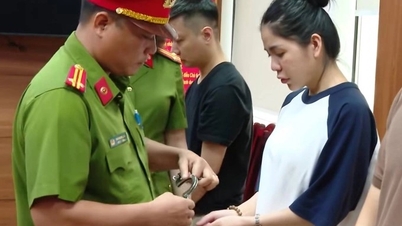

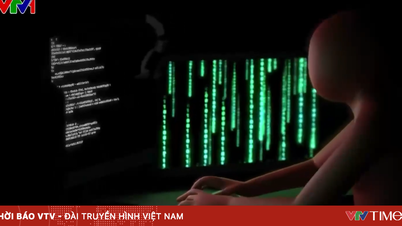





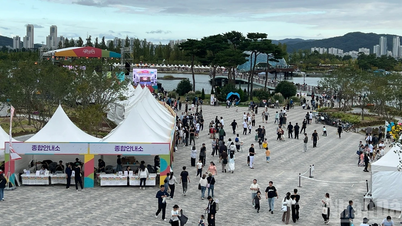



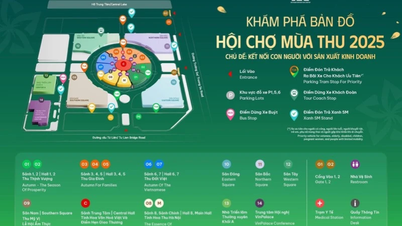





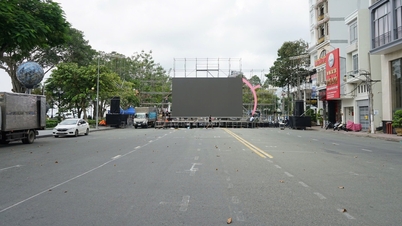
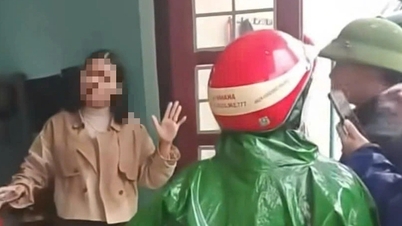







































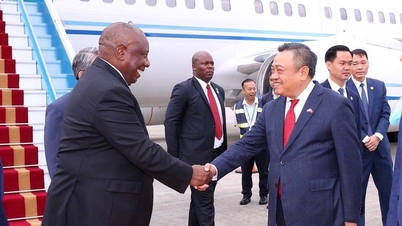






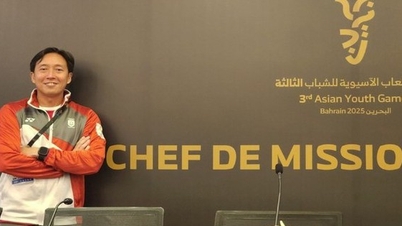
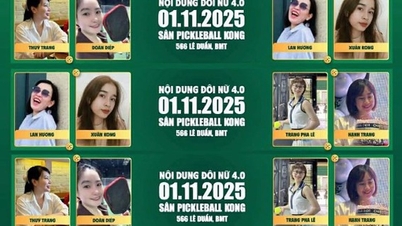
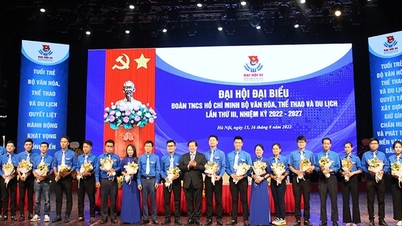







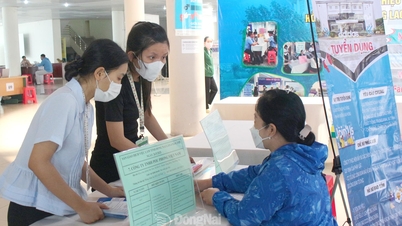
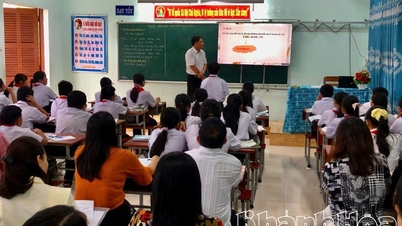
















Comment (0)